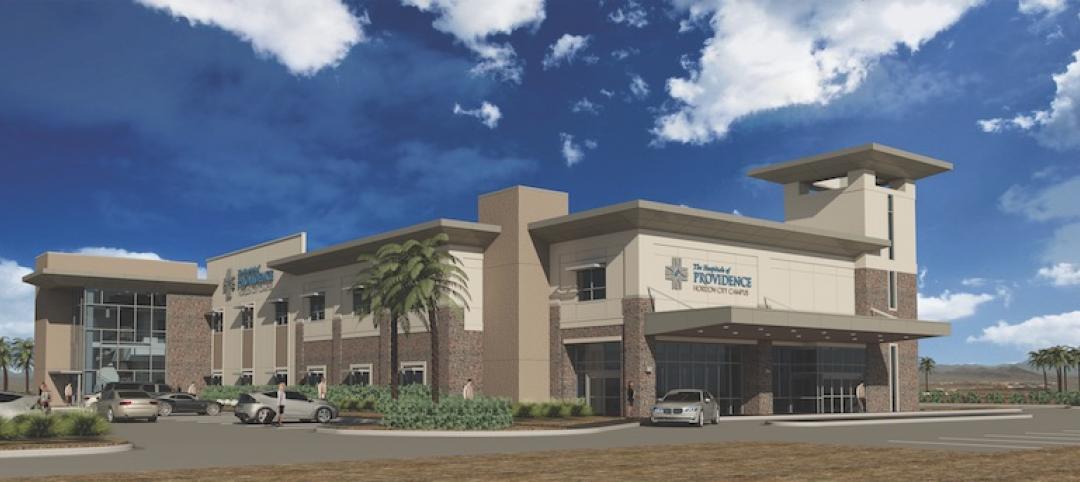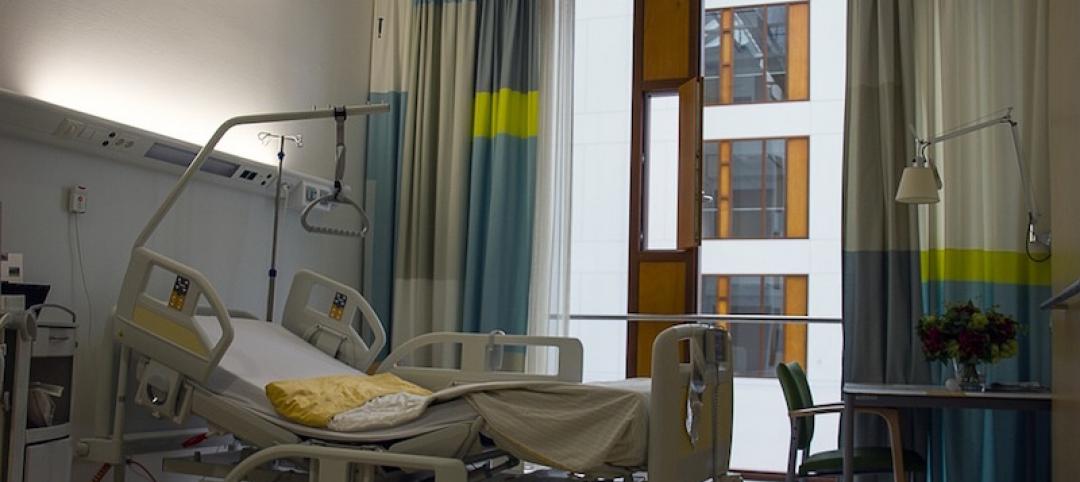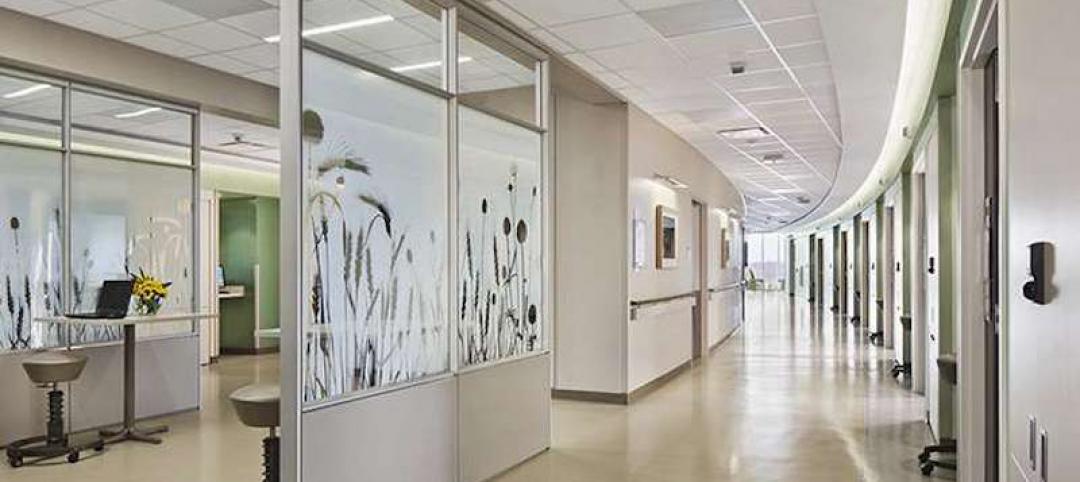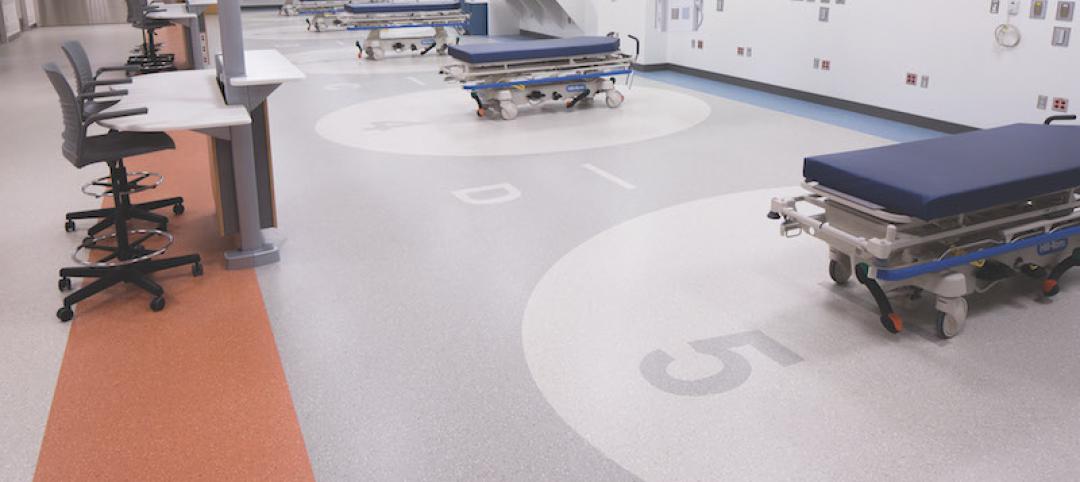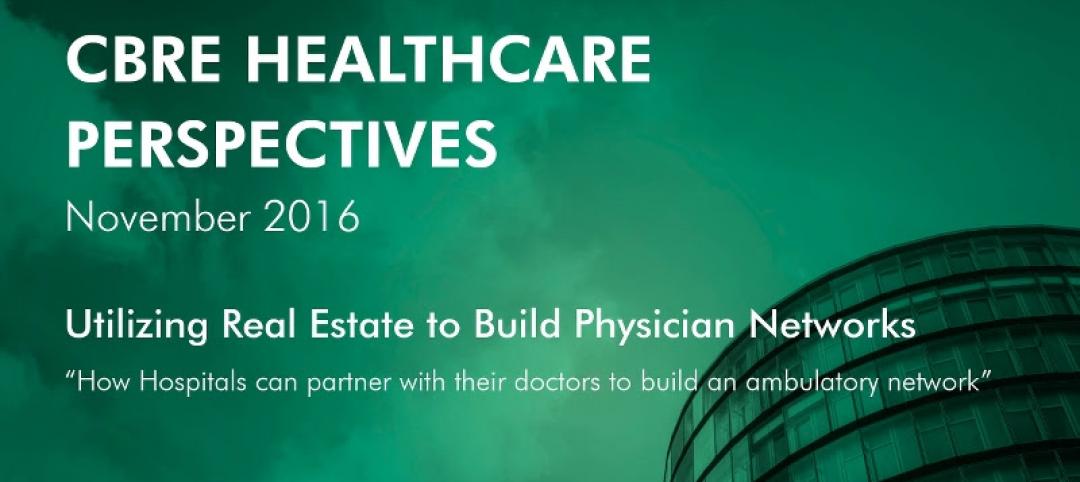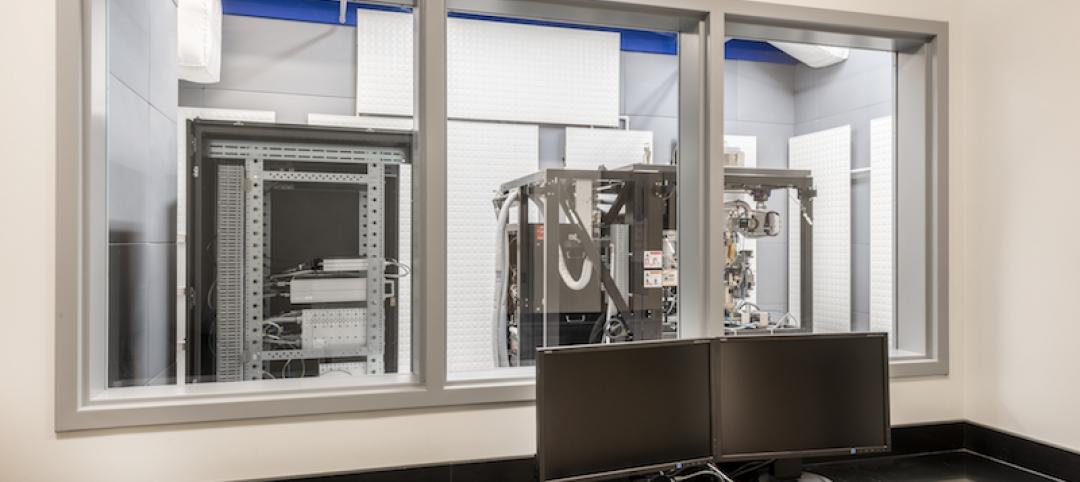In the first quarter of 2016, there were 163 transactions of medical office buildings totaling more than $1.8 billion in volume, according to estimates by CBRE, the nation’s largest real estate services provider, in its latest “National Healthcare Real Estate Investor Update.”
By far the largest transaction occurred last January, when a joint venture between Chicago-based Heitman Capital and Denver-based NexCare Group paid $199 million to acquire the 227,628-sf First Hill Medical Pavilion in Seattle.
That facility, which last year underwent an extensive renovation and 63,000-sf addition, is positioned adjacent to the Swedish Medical Center campus that’s part of Providence Health & Services healthcare system, which leases 65% of First Hill. (The architect of the reno and expansion was CollinsWoerman; the GC was Lease Crutcher Lewis.)
CBRE observes that the healthcare section continues to be “one of the strongest job generators in the American economy.” Quoting Bureau of Labor Statistics data, CBRE notes that between April 2015 and April 2016, healthcare produced 482,000 jobs, or roughly 18% of the 2.7 million nonfarm jobs formed in the U.S. during that period.
Last year, the number of uninsured Americans stood at 9.1% of the total population, the first time in the country’s history that number had fallen below 10%. Last year’s future compares to 16% in 2010, the year the Affordable Care Act was enacted.
CBRE also points to a recent Accenture study of six years of hospital margin data and patient satisfaction scores. Top-ranking hospitals achieved markets that, on average, were 50% higher than those with average scores. The top hospitals’ revenue growth also outpaced their operating expenses.
The healthcare sector could become even more attractive to certain investors after new regulations went into effect in April that mandate greater transparency and disclosure for non-traded REITs in such areas as per-share valuation and dividend distribution.
The new regs prohibit the public offering of securities of a REIT or direct participation program unless the sponsor agrees to annually disclose (at a minimum) the per-share value of each security.
“Investors of non-traded healthcare REITs now stand to benefit from these regulations aimed at fundamentally revising this investment product that has long been characterized with nontransparent share prices and high commissions,” CBRE writes. “Healthcare real estate is still very much in demand and will continue to attract broker-dealers to offer the non-traded REIT products. The existing sponsors in the market are expected to continue to thrive while making it more difficult for new sponsors to enter the space.”
Related Stories
Healthcare Facilities | Feb 7, 2017
Microhospitals: Healthcare's newest patient access point
Microhospitals are acute care facilities that are smaller than the typical acute care hospital. They leave complex surgeries to the big guys, but are larger and provide more comprehensive services than the typical urgent care or outpatient center.
Healthcare Facilities | Feb 6, 2017
NYC cancer hospital rises to the occasion
A recent analysis of patient volumes showed that Memorial Sloan Kettering Cancer Center would run out of space for new construction at its Upper East Side campus in Manhattan in just a few years.
Healthcare Facilities | Feb 3, 2017
Urgent care centers: True pioneers of retail healthcare delivery
Hospitals, either individually or in joint ventures, run 37% of U.S. urgent care centers.
Healthcare Facilities | Jan 19, 2017
A survey challenges the efficacy of decentralized nurses station design
The Institute of Health + Wellness Design at the University of Kansas raised questions after reviewing a hospital’s renovated orthopedic unit.
Healthcare Facilities | Dec 22, 2016
Has ‘green’ delivered on its promise to the healthcare sector?
As we approach the end of the second decade of LEED, the financial costs and benefits of going green are well documented, write CBRE's Lee Williams and Steve Higgs.
Healthcare Facilities | Dec 13, 2016
How healthcare systems can reduce financial risk with developer-owned hospitals
When entering a new market, the financial risk can be magnified to the point that the investment – although critical to a system’s future – becomes unpalatable to a governing board.
Sponsored | Flooring | Dec 7, 2016
Reading Hospital expansion project saves two months in construction schedule thanks to nora nTx
Construction delays are common with projects as large as the $354 million Reading Hospital expansion. Maybe that’s why construction manager Jeff Hutwelker, project executive with LF Driscoll Co., LLC, was so pleased with his nora® experience. By Hutwelker’s estimates, nora nTx saved approximately two months in his construction schedule.
Healthcare Facilities | Nov 30, 2016
Utilizing real estate to build physician networks
How hospitals can partner with their doctors to build an ambulatory network.
Healthcare Facilities | Nov 10, 2016
Prescription for success: Managing technology in the design of healthcare facilities
While the benefits of intelligently deployed technology are abundantly clear to both designers and healthcare end-users, it’s no simple task to manage the integration of technology into a building program.
Public Health Labs | Nov 3, 2016
Cutting-edge microscope facility opens on UMass Medical’s campus
Design and construction met rigorous requirements for sound, vibration, and temperature controls.



